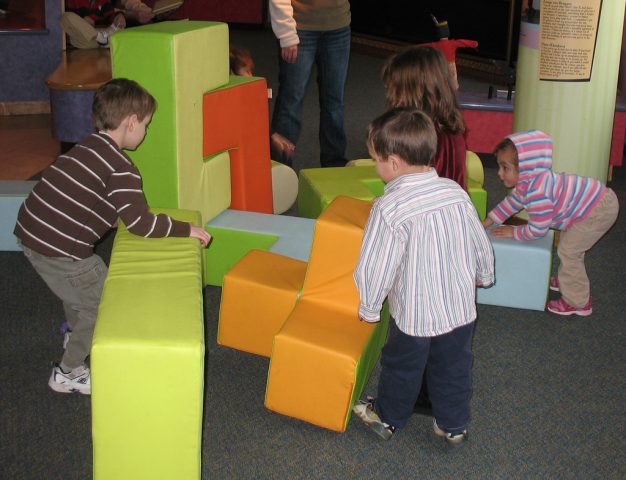
Children and play based learning
Children learn best when they’re having fun, and they are more likely to be having fun when they are playing. Children’s learning is optimal when they’re free to learn at their own pace and in their own way.
It has previously been thought that educating children from an early age is ideal and that play has little value. Research indicates that a work-oriented, rigid approach to learning is not likely to help children develop a love of learning or provide the skills and attitude they need to be life-long learners. Play is the way in which children learn best.
Play provides opportunities to improve fine motor and gross motor skills and maintain physical health. It also helps to develop imagination and creativity. Additionally, play provides an environment in which to practise social skills and helps instill a positive sense of self which is important in facilitating ongoing learning. Long periods of uninterrupted play build children’s concentration and the inner motivation to take responsibility for their own learning.
What is play-based learning?
A play-based program does not mean that children just do what they like all day. A play-based program will look different throughout the day. At times children may play alone or with their friends. At other times children will come together as a group, listen when others are talking, follow the rules of the group and begin to take responsibility for their own actions and their environment.
Within a play-based program, the adult’s role is to guide and extend the play activities. Adults continually evaluate children’s play to discover what it is children are learning and to then help shape and extend this learning. Materials are added to play by children or adults. Adults will ask questions to extend the play. They will interact and participate with children and their play.
Copyright © The University of Melbourne 1994 – 2017




